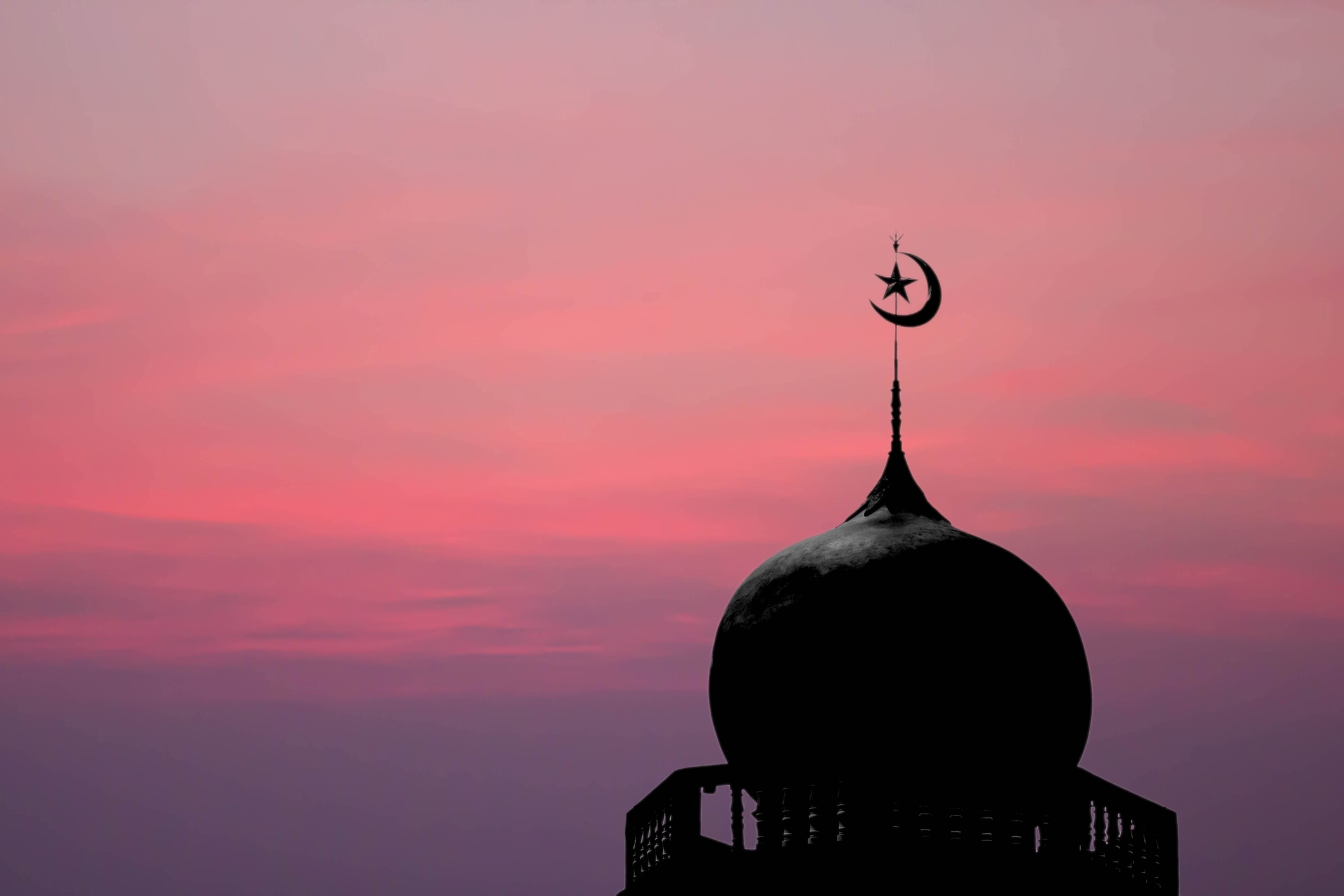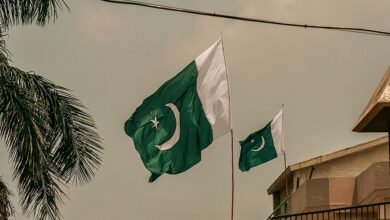
For a religion to be strong, it must be confident in itself – solid in its convictions and robust in its humility. While its true adherents should imbue its principles within their souls, such depth of faith should enable believers to accept that others may follow a different creed. If that other religion does not threaten your own faith, such diversity of opinion should be welcomed, even embraced.
Islam was founded on such principles. At a time, when intolerance was rife, especially during the Dark Ages in western Europe, as Christians sought to banish Paganism, Islam, as founded by the Prophet Mohammed, was comparatively progressive and liberal.
Mohammed’s Constitution of Medina, written in the year 622 CE, includes guarantees that Muslims have the same rights and freedoms as non-Muslims, including the right to worship as they chose. That was just 25 years after St Augustine arrived in Kent, in southeast England, to begin converting the country from Paganism to Christianity, a bloody process that would happen over more than 300 years.
The Medina constitution, by contrast is an advanced civic charter, a beacon of rationalism during a time of absolutes in religion.
The constitution meshes with a powerful statement of intent in The Koran (Sura 2, Verse 143), where God tells Muslims: “We willed you to be a community of the middle way, so that [with your lives] you might bear witness to the truth before all mankind, and that the Apostle might bear witness to it before you…”
The ’Middle Way’ is a key tenet of Buddhism, of moderation in a faith which has found much favor in Western Europe and North America, where it has thrived away from its traditional Asian origins. It is not a principle that many people in western countries would associate with Islam, but there it is – in The Koran, as a revealed truth.
Of course, the headline-grabbing reversion to violence by some extremists who seek to justify inflicting suffering through Islam has warped the average global view of Islam. These terrorists have poisoned the image of the religion, pulling it away from its core truth of moderation through confidence and love.
And that is a great pity, because, of course, Islam is, can, and should be the basis of a life well-lived.
This is borne out by history. The Caliphates that followed the foundation of Islam, spreading from modern Afghanistan and Pakistan, across the Middle East and North Africa to today’s Spain and Portugal, fostered knowledge and high culture. Theology, philosophy, mathematics, algebra, calculus, astronomy, physics, chemistry, engineering and more, all thrived under the cosmopolitan leadership of Islamic Caliphs, as their religion and political control spread across the vast region.
While military conquests underpinned the expansion of this civilization, the education that came in its wake preserved much ancient knowledge that risked being forgotten in the Dark Ages in western Europe, as the collapse of centralized governments dramatically reduced the size of educated elites. Here, only the maintenance of monastic communities, supported by the maintenance of a universal Catholic Christian church, prevented the region’s reversion to barbarism.
There was no such risk in the Islamic world, which, as in the continuing eastern Roman Empire of Byzantium, still valued human learning and freedom of thought.
And while today, the world’s centers of innovation have largely moved away from Islamic countries, including the Arab world, the point of remembering history is important. There is nothing within Islam that tells believers to take a narrow view of the world and follow violent conservatism to preserve past traditions in a rigid and dogmatic way. Quite the opposite. It is clear from The Koran, that God wanted Muslims to grow and fulfill their potential, demonstrating the value of His guidance by the example of their lives. That is how Islam should grow – by example, not by the threat of violence.
The Koran’s sura 5, verse 3 says as much: “Today, I have perfected your religion for you, and completed My favor upon you, and have granted Islam as a religion for you – a commitment to live in peace.”
There is no ambiguity there. Muslims need to proclaim this message loud and clear, so the world hears it. And for those who worry that this statement will be drowned out by the discord that fills social media, whose algorithms prioritize hate and conflict, remember – this message that Islam is a religion of peace is new and novel to many non-Muslims, and so will be of interest.
Non-Muslims have been fed a diet of fear and paranoia through news outlets that focus on the murders, kidnappings, and torture committed in Islam’s name by extremists in groups such as Al Qaeda and the Islamic State.
If Muslims show how this religion embraces love and tolerance to its core in the most public and colorful ways imaginable, through concerts, ceremonies, campaigns, art and literature, the world will listen.
In short, the world needs a cultural shift when it comes to Islam. It needs to love Islam, just as it loves Buddhism, Hinduism, Shinto and Christianity. It is time.
There are so many positive Islamic role models that can be promoted to cement such a new view. Nobel Prize winning education activist Malala Yousafzai, the Aga Khan, the Ismaili Muslim Imam who has promoted cultural awareness worldwide, Jordan’s King Abdullah II, who descended from the Prophet and has shown how moderation in Islam can be combined with piety and an openness to the modern world.
These are among the people who should come to mind when non-Muslims think of Islam.
For me personally, the Imam Shami Sufi, who founded the mystical sufist tradition within Islam, offers a guiding light. He advised on how to identify the honest friends of God, and those who pretend to be Muslims, such as those promoting violence. He said: “The guidance from God is a light that cannot be withheld, and therefore friends of Allah are those who, if you see them, hasten to mention God. Through them Allah completes His Light and reforms His creation, so follow them.”
It is a clear statement that people who draw goodness from Islam can be a guide for life. It is advice, I hope, many will follow in future.
____
Hasan Abdullah Ismaik is the Chairman of the investment company Marya Group, a global multi-billion dollar investment headquartered in Abu Dhabi, the capital of the UAE. In 2018, Ismaik launched the STRATEGIECS Think Tank, a research center specialized in qualitative strategic studies related to political, economic, social, and demographic transformations in the Middle East. For more than twenty years, he has been dedicated to presenting his views via published Op-Eds on security, peace, and the future of stability in the Middle East and the world.




